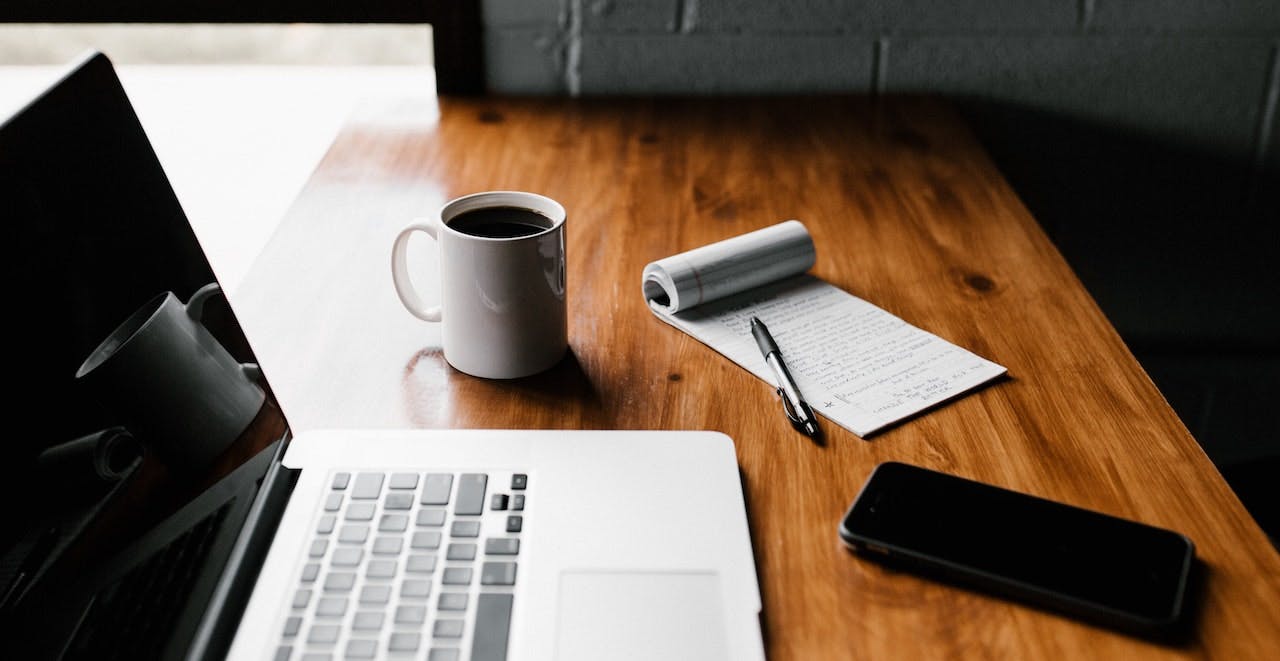Having a passion for research and the world of academia is a trait not everyone can boast about. But this high intelligence, high work drive comes with a side effect of increased stress loads. You are dealing with complex research projects that often have the potential to make significant impacts, and you can get distracted from important things in life, like your health.
Like the proverbial cobbler whose family had no shoes, researchers study the effect of too much stress on the mind and body and then still continue to avoid creating a balance between their own lives and their research. Anxiety and depression are significantly on the rise amongst university students and scholars, with more than 36% of this population seeking help for mental strain related to their research or Ph.D. directly, with this number continuing to rise drastically.
On top of mental health woes, physical requirements get pushed to the back burner. There’s not enough time for a healthy meal, so fast food or skipped meals altogether are the answer. Exercise is nearly impossible for many researchers, as is getting regular fresh air.
This vicious cycle has to end, but how do you maintain a healthy research and life balance in a field fraught with competition and deadlines?
The Consequences of Too Much Work Are Dangerous
If you focus on your research to the detriment of your personal life, you’ll get away with it for a while. But over time, the stress will catch up with you. Your work is constantly demanding your time and energy. Between the pressure of funding and competition to be the best, and the deadlines that must be met, on top of the work itself, you are in an almost constant high-stress environment. This plays havoc with your health, both mentally and physically, and often results in researcher burnout.
Before you hit burnout level, you’ll face multiple other challenges along the way. Your productivity will suffer as your mind and body deal with fatigue. Your work efficiency will decrease, with you putting out as little as you can get away with because you’re exhausted mentally and physically. But you’ll know that’s what you’re doing, and it will mess with your peace of mind because you know that there will be consequences to a poorly developed and processed product.
Chances are, you’ll start getting sick more frequently as well because your immune system will be compromised from lack of rest and relaxation. When you’re sick, you might fight through the symptoms and work anyway, but the quality of the work you’re doing won’t be as good as it could be.
Instead of getting to this point, take the initiative to be proactive with your research work-life balance. In the long run, time up front spent having fun and relaxing will pay off with better productivity and creativity.
Warning Signs of a Downward Spiral
There’s a reason they call it “crash and burn” when someone works too hard and gets overwhelmed. The signs were there, but the driver ignored them, ending up in a serious crash with a side effect of burnout.
You don’t have to hit the curb before you slow down and pay attention to where you’re going. Watch for these warning signs that you could be in danger of a downward spiral:
● Going to work on your research or doing anything you once loved is now a drag.
● You’re doing the bare minimum to get by in at least one area
● It takes all you can give just to get out of bed in the morning
● You lay awake at night counting your to-do list instead of sheep
● Aches and pains, like dull headaches or backaches, plague you more than usual
● Even a friend texting to check in with you seems like a stress
If any of these signs pertain to you, you might want to reevaluate how you’re handling your current research and life balance.
Strategies to Maintain a Research and Life Balance
You have a high IQ and a lot of common sense, too. You can use the strategies you know and those you’ll learn to avoid burnout in your work.
Be proactive in taking care of your health and use at least one of these methods to get a better handle on the important things in life:
● Set and stick to boundaries. Don’t try to please everyone.
● Use your strengths and let others help you with weaker areas when possible.
● Make sure you plan at least one small thing to enjoy daily and one larger activity weekly. For instance, take half an hour a day to read a book for enjoyment or watch a TV show with your family. Then schedule a lunch date with a close friend for that week.
● Don’t neglect your finances or this will come back to haunt you.
● Create a set work schedule and stick to it unless a crisis occurs.
● Schedule exercise three times a week at a minimum, and take time for healthy meals at least once a day.
With these tips to remind you that your work is not the end all, be all, you’ll have a more productive overall life!
Impactio Can Step in and Make Things Easier, Too
Part of your stress could be juggling too many programs to create a finished, professional product. It’s a common issue for many scholars, but it isn’t necessary anymore. Impactio is the solution to streamline your academic work.
With Impactio, researchers have an all-in-one platform where they can store their work and organize it into a finished profile by dropping in text chunks and creating charts, graphs, and tables easily. From there, it’s a simple step to a final impressive PDF document or web page you can submit with confidence.
Spend less time putting your final product together and more time doing things you enjoy when you use Impactio as your academic platform.
